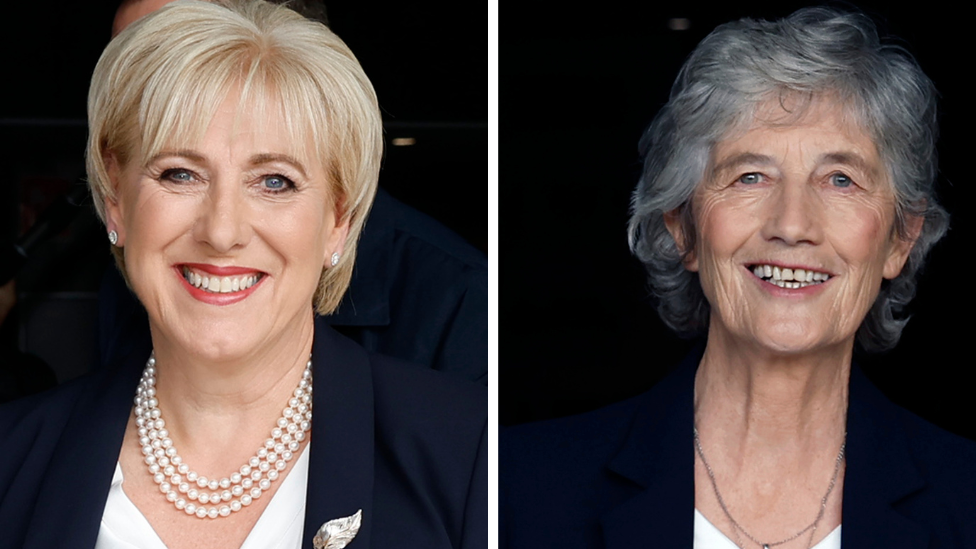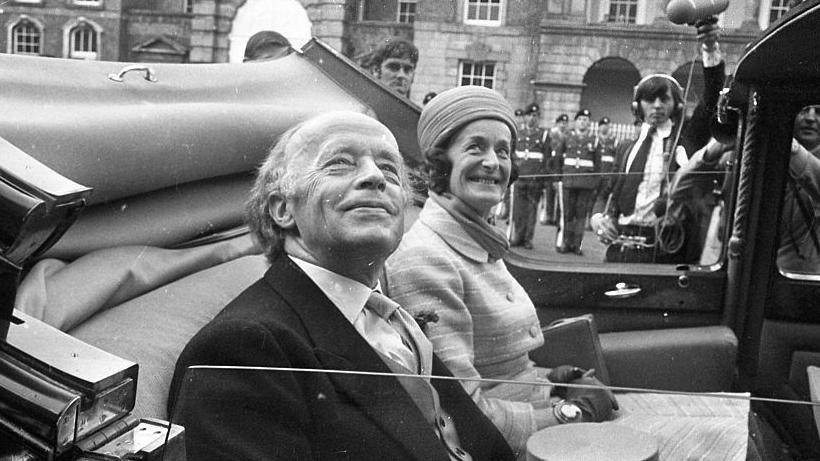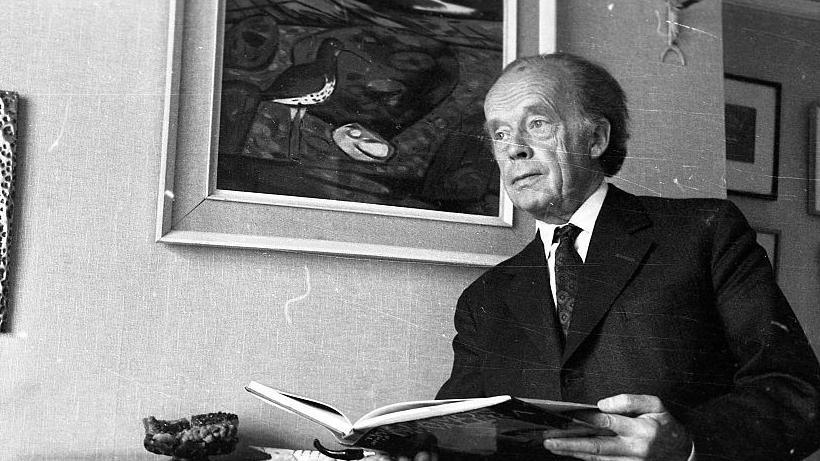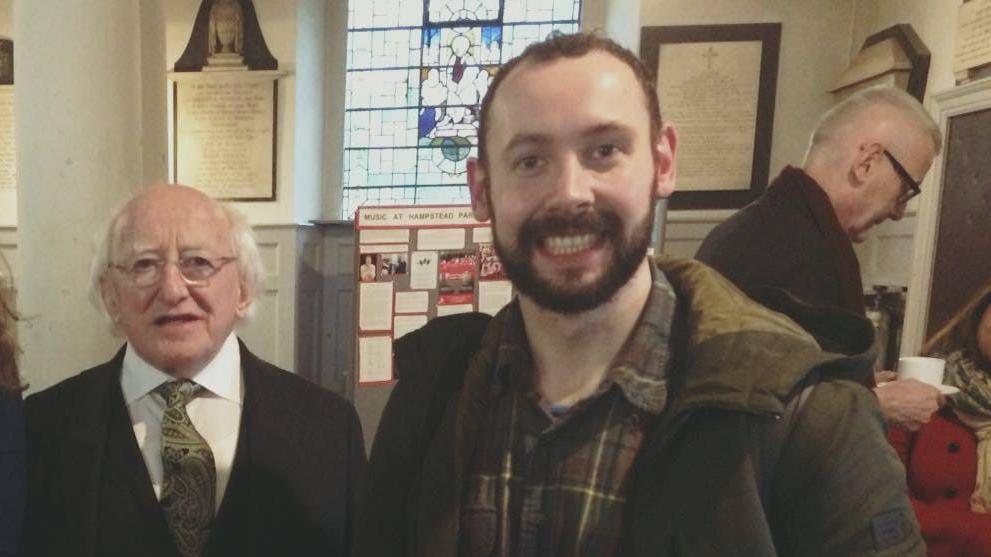Last two-horse race in Irish presidential election left winner 'dumbfounded'

Heather Humphreys and Catherine Connolly are the two candidates in the election
- Published
People in the Republic of Ireland will head to the polls on Friday to elect their 10th president.
Voters will choose between Independent TD Catherine Connolly, who has been backed by Sinn Féin and other left wing parties and Heather Humphreys, the Fine Gael candidate.
The two-horse race in 2025 is similar to the 1973 poll in which Fianna Fáil candidate Erskine Childers won by 4% over Fine Gael's candidate, Tom O'Higgins.
Childers was "dumbfounded" to find out he had been elected, according to his grandson.
Even though Fianna Fáil candidate Jim Gavin will be on the ballot, he has withdrawn from the race and does not have a campaign.
In 1973, O'Higgins was the early favourite to win, in part, because Fine Gael had won the general election earlier that year and went from opposition to government.
The party was expected to be vindicated at the polls again in the presidential election.
But this was not to be and President Childers was elected.
His grandson Erskine Childers shares the same name as his father, grandfather and great grandfather.
President Childers' great grandfather - also named Erskine Childers - was executed by firing squad in 1922 during the Irish Civil War.
President Childers' son - also with the same name - went on to work as a BBC correspondent and UN official.
The Erskine Childers who spoke to BBC News NI is an author and historian living in New York.

President Erskine Childers and his wife Rita leaving Dublin Castle following the inauguration ceremony in 1973
He has fond memories of learning about his family's history from his grandmother, Rita Childers, during summers spent in Dublin when he was growing up.
"[My grandmother told me how] on the night that the result came in, [my grandfather] was dumbfounded. He was literally in shock.
Both Childers and O'Higgins also came from families deeply ingrained in Irish republican history and their lives were deeply impacted by the Irish Civil War.
"He assumed that O'Higgins would based on the Civil War politics and 1973 being 50 years after the Civil War. He just assumed there was no way he could win," Childers' grandson told BBC News NI.
The 1973 election was also the first presidential election to take place during the Troubles.
Childers saw himself as a reconciler and rejected the hard-line Fianna Fáil line on Northern Ireland.

President Erskine Childers pictured in 1973
First election of the Troubles
"It maybe explains why Childers won - because there was a bit of a sense, well we're going to show people in Northern Ireland we're not bigoted and we're not afraid to elect a Protestant as a president," said expert in 20th century Irish history at Queen's University Belfast, Prof Marie Coleman.
Up to the late 1990s, most presidential elections were either two or three-horse races.
This changed when singer Dana got a nomination through city and county councils and was the first candidate to ever do so in 1997.
"In some ways, this year is odd compared to everything since 1997, because we're back to smaller numbers representing just the main parties," Prof Coleman.
But there are more similarities between this year's election and the one in 1973 than people may expect, according to the academic.
For example, the candidates in this election and in 1973 were also experienced parliamentarians.
Similarities between 2025 and 1973
There is also an expectation among some in Fine Gael that because it performed well in last year's general election, the party should have a fair shot at winning the presidency too. The party also had similar feelings in 1973.
Childers' grandson was four years of age when President Childers died in office, the only Irish president to have done so.
Childers, who lives in New York, is now compiling an archive of the documents and papers left behind by his namesakes.
He said President Childers' legacy lives on, as he was one of the first presidents to appoint 'think-tanks' to the Council of State, the body of advisers for the president.
This has echoed to the present day, with outgoing Irish President Michael D Higgins appointing activists.
"I think president Higgins has also blown those doors down completely with his idea that we need input locally to bring the office forward," he said.
